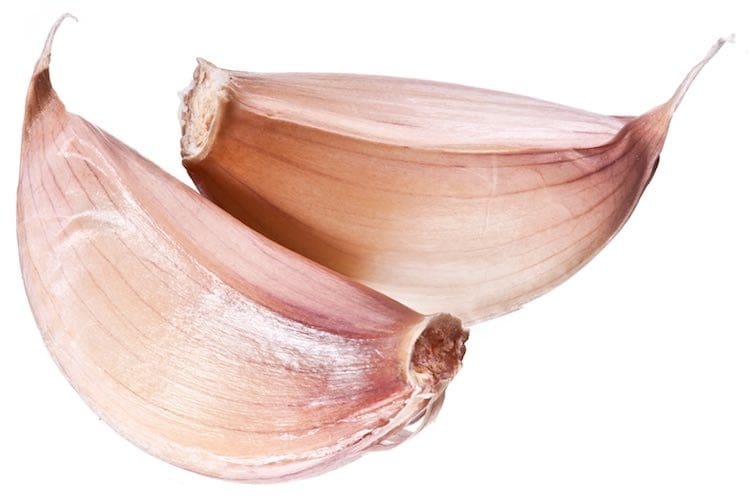Doctors rightly aim to rehabilitate a person’s physical abilities after a stroke – but should more attention be paid to other areas?
stroke
Flu increases the risk of a heart attack
Getting the flu is unpleasant – but it can increase your risk of a heart attack, too.
Polycythaemia vera
Polycythaemia vera is a condition where the body makes too many red blood cells. Find out about the symptoms, causes, complications and treatment.
Video: Can pet dogs help heart disease?
People who keep a dog as a pet have lower rates of heart disease and enjoy a longer life. Owning a dog can help with exercise motivation and provide a form of social support.
A garlic clove a day may keep bad heart health away
Garlic may help with lowering blood pressure and cholesterol levels, so increasing your garlic intake may be a safe and simple way to promote a stronger, healthier heart.
Dizzy turns
Dizziness can be used to describe a wide variety of sensations. Find out the difference between vertigo and faintness, and possible underlying causes.
Iron deficiency anaemia
Iron deficiency anaemia is when lack of iron means that the blood does not produce enough haemoglobin. A prolonged deficiency will produce anaemia.
Cholesterol levels when you’re young
The length of time you have had raised cholesterol affects your future risk of heart disease, so getting your cholesterol under control when you're young is a good move.
Heart disease: reduce the risk
While there are some risk factors that can't be changed, there are others that can be modified to help keep your heart healthy, especially as you get older.
Familial hypercholesterolaemia
Familial hypercholesterolaemia is an inherited (genetic) condition in which affected members of a family have high levels of LDL cholesterol (bad cholesterol) in their blood.









